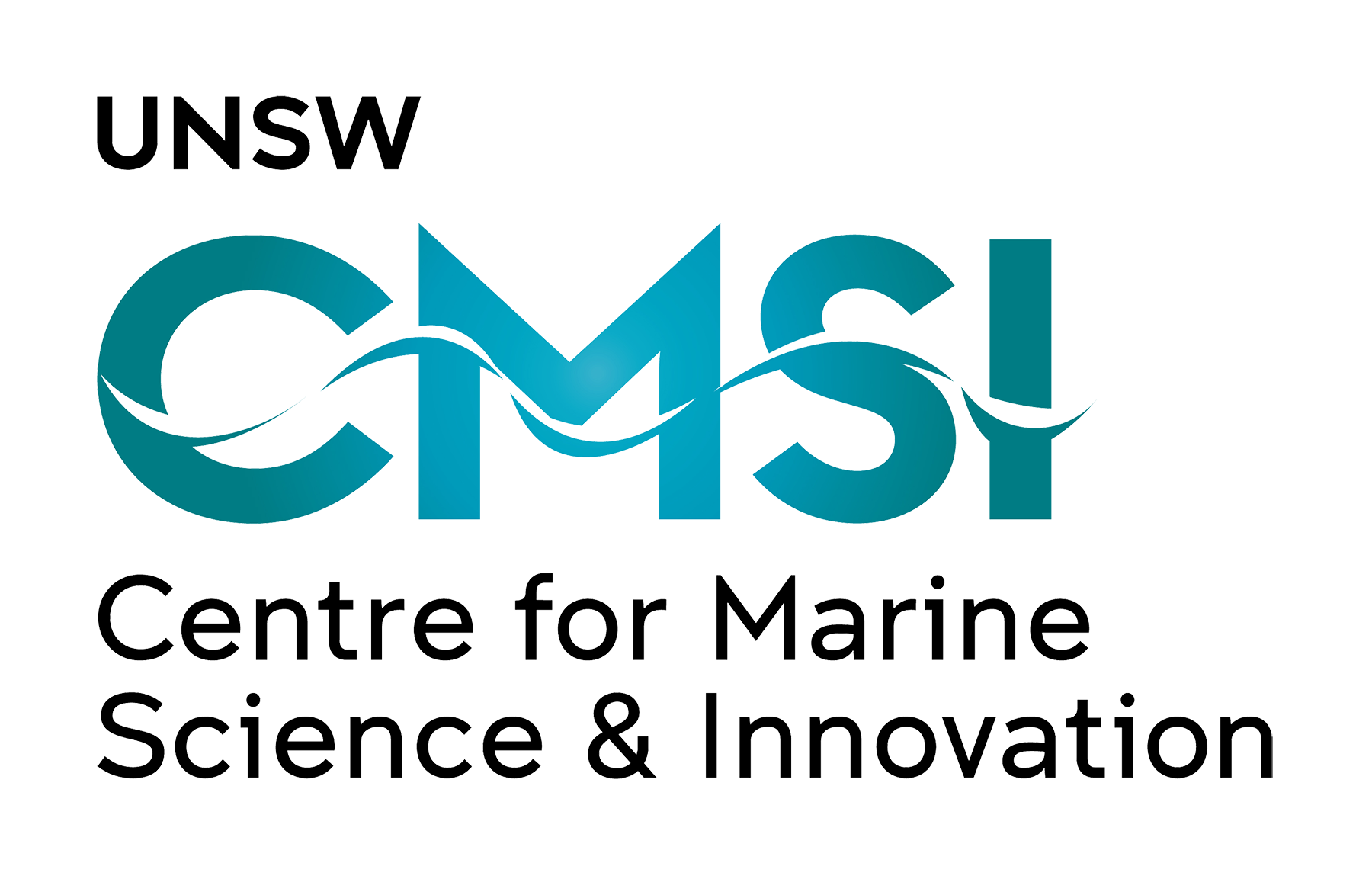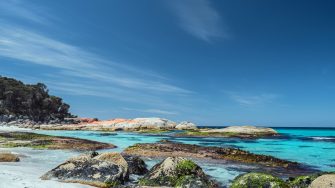
The CMSI offers plenty of opportunities for postgraduate training and research.
We operate as a research centre within the School of BEES. Information regarding study options in the school can be found at the School of BEES website.
How to apply
- Contact potential supervisors directly to discuss projects in the major research areas.
- You can enrol and apply for scholarships using information on the UNSW BEES website.
Master of Marine Science and Management
We also offer a Master of Marine Science and Management
Current projects
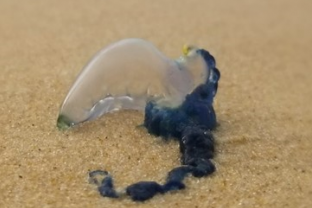
Gene thieves: how a nudibranch incorporates the stinging cells of the Bluebottle jellyfish
This project is appropriate for both honours/master (1 year) and PhD students (3.5 years).
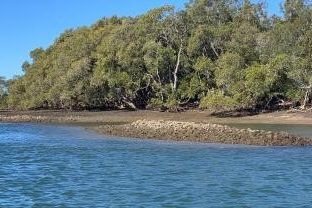
Oyster reef restoration in a changing ocean
Oyster reefs, once abundant along the east Australian coastline and an important source of food and trade for Indigenous Australians, are now functionally extinct (<1% remaining) because of years of over harvesting, habitat modification, pollution, sedimentation and disease.
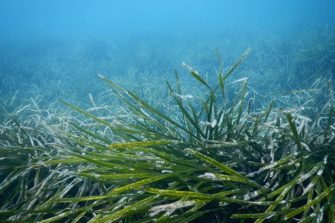
Effects of below-ground microbes and plant genetics on seagrass performance
We are looking for highly motivated PhD students to join an international research team on a recently funded ARC Discovery project. The project will focus on understanding the role of seagrass microbes and genetics in mediating seagrass response to environmental stress.
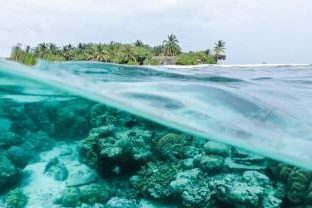
Scientia PhD Scholarship: Atmospheric transport of microplastics and deposition on the South Pacific
Microplastics have been identified in remote locations far from urban centres, including Antarctica, the Mariana Trench and the Great Australian Bight
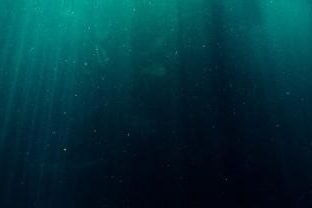
Scientia PhD Scholarship: Clothes, fibres and filters that reduce microplastic pollution
Clothing fibres are the most abundant form of plastic found in the ecosystem. This global pollution has increased by 450% in 60 years.

Scientia PhD Scholarship: In the spotlight: impacts of artificial light at night on the coastal environmental
The world’s coastlines are becoming rapidly urbanised, with marine life affected by a range of stressors.
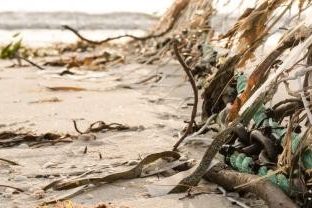
Scientia PhD Scholarship: Mapping marine debris risk around Australia
Marine debris is a global environmental concern.
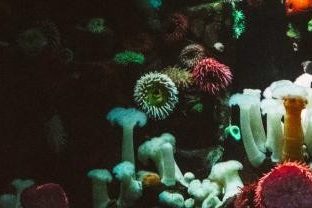
Scientia PhD Scholarship: Novel microbial processes that support life in the deep ocean
The deep, dark ocean is inhospitable, but oases of life are sporadically found in reefs made out of corals and sponges.
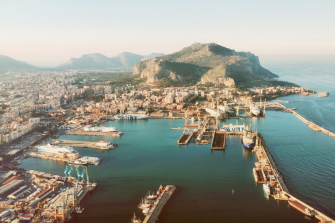
Marine urban ecology
Human activities have degraded extensive areas of coastal habitats. Abiotic and biotic stressors (e.g. temperature, artificial light, invasive species and noise) may interact to produce combined impacts on biodiversity, physiological responses (e.g. reproduction and growth) and ecosystem functioning.

In the spotlight: Impacts of artificial light at night on the marine environment
The world’s coastlines are becoming rapidly urbanised, with marine life affected by a range of stressors.
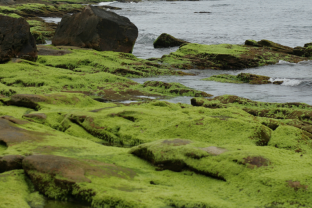
Probiotics for the ocean- how microbes can improve the health and performance of macroalgae
The aim of this project is to define and develop bacterial consortia that have beneficial effects on growth, health and environmental adaptation.
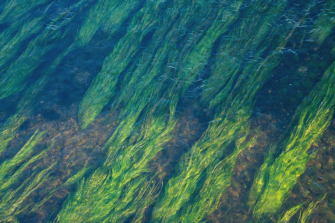
Deciphering the mechanism of microbial disease progression in marine macroalgae
It is proposed that with increases in anthropogenic stressors of coastal systems (pollution/ climate change) there comes an increase in the prevalence of disease caused by opportunistic pathogens.
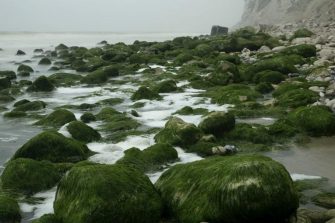
Friend and/or foe: the role of fungi in health and disease emergence in marine ecosystems.
Disease events are increasingly impacting critical marine habitats.

Elucidating the diversity and function of microbial communities associated with important aquaculture species
In this project, we worked closely with scientists at the NSW DPI Port Stephens Fisheries Institute (PSFI) to understand the importance of gut health.
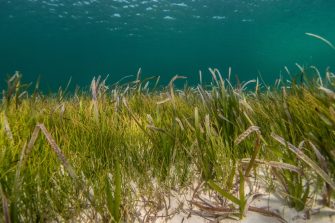
The role of below-ground microbes in mediating seagrass response to climate change
Fantastic opportunity for a highly motivated PhD student to join an international research project focused on understanding the largely unexplored role of seagrass microbes in mediating the effects of extreme climatic events.

